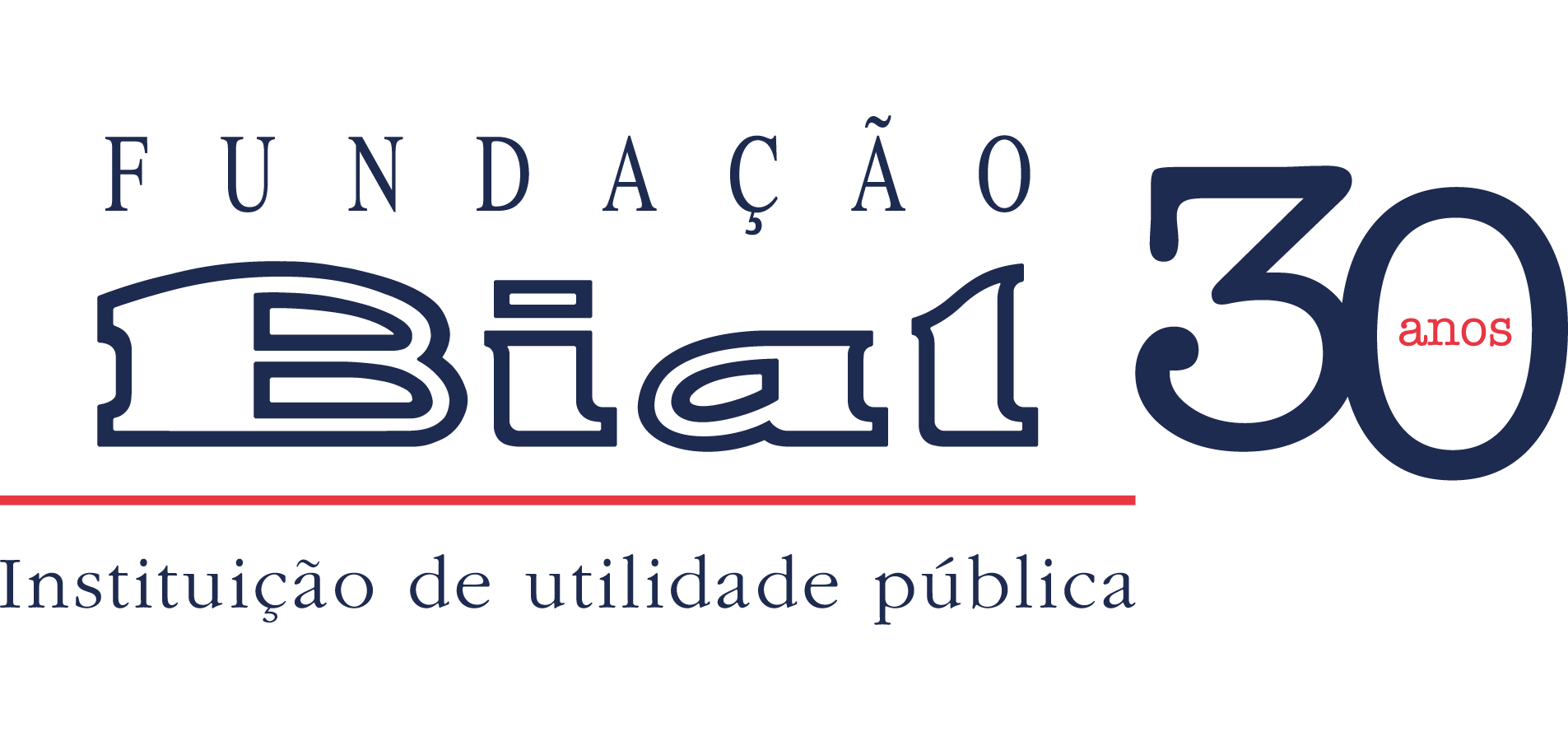A equipa de Investigação liderada por João Marques-Teixeira publicou, no âmbito do projeto de investigação The Aging Social Brain – Neural and behavioral age-related changes in social cognition and decision-making, apoiado pela Fundação Bial, o artigo Age differences in neural correlates of feedback processing after economic decisions under risk na revista Neurobiology of Aging.
This study examines age-related differences in behavioral responses to risk and in the neurophysiological correlates of feedback processing. Our sample was composed of younger, middle-aged, and older adults, who were asked to decide between 2 risky options, in the gain and loss domains, during an EEG recording. Results evidenced group-related differences in early and later stages of feedback processing, indexed by differences in the feedback-related negativity (FRN) and P3 amplitudes. Specifically, in the loss domain, younger adults showed higher FRN amplitudes after non-losses than after losses, whereas middle-aged and older adults had similar FRN amplitudes after both. In the gain domain, younger and middle-aged adults had higher P3 amplitudes after gains than after non-gains, whereas older adults had similar P3 amplitudes after both. Behaviorally, older adults had higher rates of risky decisions than younger adults in the loss domain, a result that was correlated with poorer performance in memory and executive functions. Our results suggest age-related differences in the outcome-related expectations, as well as in the affective relevance attributed to the outcomes, which may underlie the group differences found in risk-aversion.





























































































